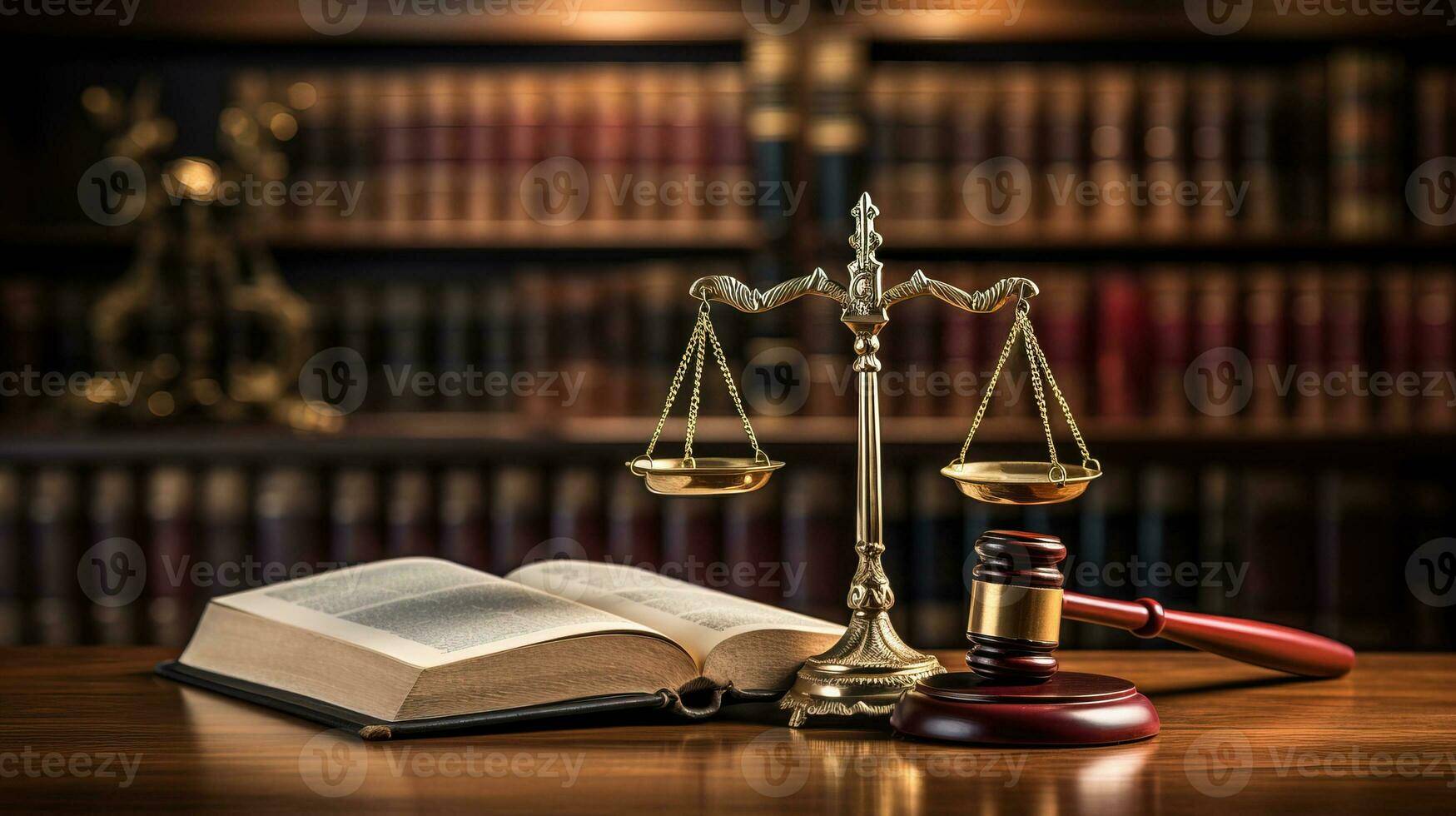CRIMINAL DEFENSE LAWYER: PROTECTING
RIGHTS AND ENSURING JUSTICE
Definition and Overview
A criminal defense lawyer is a legal
professional specializing in defending individuals and organizations charged
with criminal offenses. Their primary role is to provide legal representation
and guidance throughout the criminal justice process, advocating for their
clients’ rights and striving to achieve the best possible outcomes. Criminal
defense lawyers work on a wide range of cases, from misdemeanors to serious
felonies, including drug offenses, theft, assault, and homicide.
Key
Responsibilities of a Criminal Defense Lawyer
Case Evaluation
Initial Consultation: Criminal defense
lawyers typically conduct free initial consultations to understand the
specifics of the case. They evaluate the charges, gather relevant facts, and
discuss potential defenses.
Understanding Client Rights: They explain the
rights of the accused and the implications of the charges, helping clients
understand their legal position.
Investigation
Evidence Gathering: Defense lawyers gather
evidence to build a strong case. This may include obtaining police reports,
witness statements, surveillance footage, and forensic evidence.
Witness Interviews: They interview witnesses
to uncover additional information that may support the defense and challenge
the prosecution’s case.
Legal Research
Understanding Applicable Laws: Criminal
defense attorneys conduct thorough legal research to understand relevant laws,
precedents, and possible defenses applicable to the case.
Identifying Defenses: They analyze the facts
of the case to identify potential legal defenses, such as self-defense,
insanity, duress, or lack of intent.
Negotiation
Plea Bargaining: In many cases, defense
lawyers negotiate plea deals with prosecutors. A plea bargain allows the
defendant to plead guilty to lesser charges or receive reduced sentences in
exchange for cooperation.
Reducing Charges: They may negotiate for the
reduction of charges, ensuring that clients face the least severe consequences
possible.
Litigation
Preparing for Trial: If a case goes to trial,
criminal defense lawyers prepare by developing a trial strategy, selecting
jurors, and organizing evidence and witness testimonies.
Court Representation: During the trial,
defense lawyers present arguments, cross-examine witnesses, and challenge the
prosecution’s case to protect their clients' rights.
Appeals
Post-Conviction Representation: If a client
is convicted, defense attorneys can assist with the appeals process,
challenging the conviction based on legal errors or procedural issues that may
have occurred during the trial.
Importance of Hiring a Criminal Defense
Lawyer
Protection of Rights
A criminal defense lawyer ensures that the
rights of the accused are protected throughout the legal process. They advocate
for fair treatment and adherence to constitutional rights, such as the right to
a fair trial and protection against self-incrimination.
Expert Knowledge of the Law
Criminal law is complex, and defense lawyers
have specialized knowledge and experience in navigating the intricacies of the
legal system. They understand the nuances of criminal law and can apply it
effectively to their clients’ cases.
Maximized Outcomes
Hiring a skilled criminal defense lawyer
increases the chances of a favorable outcome. They are equipped to identify
viable defenses, negotiate favorable plea deals, and present compelling
arguments in court.
Emotional Support
Facing criminal charges can be a stressful
and overwhelming experience. A defense lawyer provides emotional support,
guiding clients through the process and alleviating some of the burdens
associated with legal battles.
Building a Strong Defense
A competent defense lawyer systematically
investigates the case, gathers evidence, and develops a solid defense strategy
tailored to the specific circumstances of the case.
Navigating the Legal System
The criminal justice system can be confusing,
and a criminal defense lawyer helps clients understand legal procedures, court
dates, and necessary documentation. They ensure that clients meet all deadlines
and comply with legal requirements.
Types of Cases Handled by Criminal Defense
Lawyers
DUI/DWI Cases
Defense lawyers represent clients charged
with driving under the influence of alcohol or drugs. They challenge the
validity of sobriety tests, the legality of traffic stops, and the accuracy of
breathalyzer results.
Drug Offenses
These cases involve charges related to
possession, distribution, or manufacturing of illegal drugs. Defense lawyers
investigate the circumstances of the arrest, potential illegal searches, and
the defendant’s rights.
Theft and Burglary
Criminal defense attorneys handle cases
involving theft, shoplifting, and burglary. They assess the evidence and
determine whether the prosecution can prove intent or ownership.
Assault and Violent Crimes
Defense lawyers represent clients charged
with assault, battery, domestic violence, or homicide. They explore defenses
such as self-defense, defense of others, or lack of intent.
Sex Crimes
Cases involving sexual assault, child
molestation, or indecent exposure require sensitive handling. Defense attorneys
work to protect the accused’s rights while challenging the credibility of the
allegations.
White-Collar Crimes
This category includes fraud, embezzlement,
money laundering, and identity theft. Defense lawyers analyze financial records
and investigate the motivations behind the accusations.
Challenges Faced by Criminal Defense Lawyers
Public Perception
Criminal defense lawyers often face stigma
due to the nature of their work. They may encounter public scrutiny and
misconceptions about their role in the justice system.
Complex Cases
Some cases involve intricate legal issues,
multiple charges, or extensive evidence. Defense lawyers must dedicate
significant time and resources to build effective defense strategies.
Client Cooperation
A successful defense often requires
cooperation from clients. Lawyers may face challenges if clients are
uncooperative or fail to provide essential information.
Emotional Toll
Criminal defense work can be emotionally
taxing, especially when representing clients facing severe penalties or
significant life changes. Lawyers must manage their own emotions while
providing support to clients.
Conclusion
Criminal defense lawyers play a vital role in
the criminal justice system, advocating for individuals accused of crimes and
ensuring their rights are upheld. Their expertise, knowledge, and dedication to
protecting clients from unjust treatment can significantly impact the outcomes
of criminal cases. By hiring a skilled criminal defense attorney, individuals
facing criminal charges can navigate the complexities of the legal system with
confidence, knowing they have a dedicated advocate fighting for their rights
and best interests.


